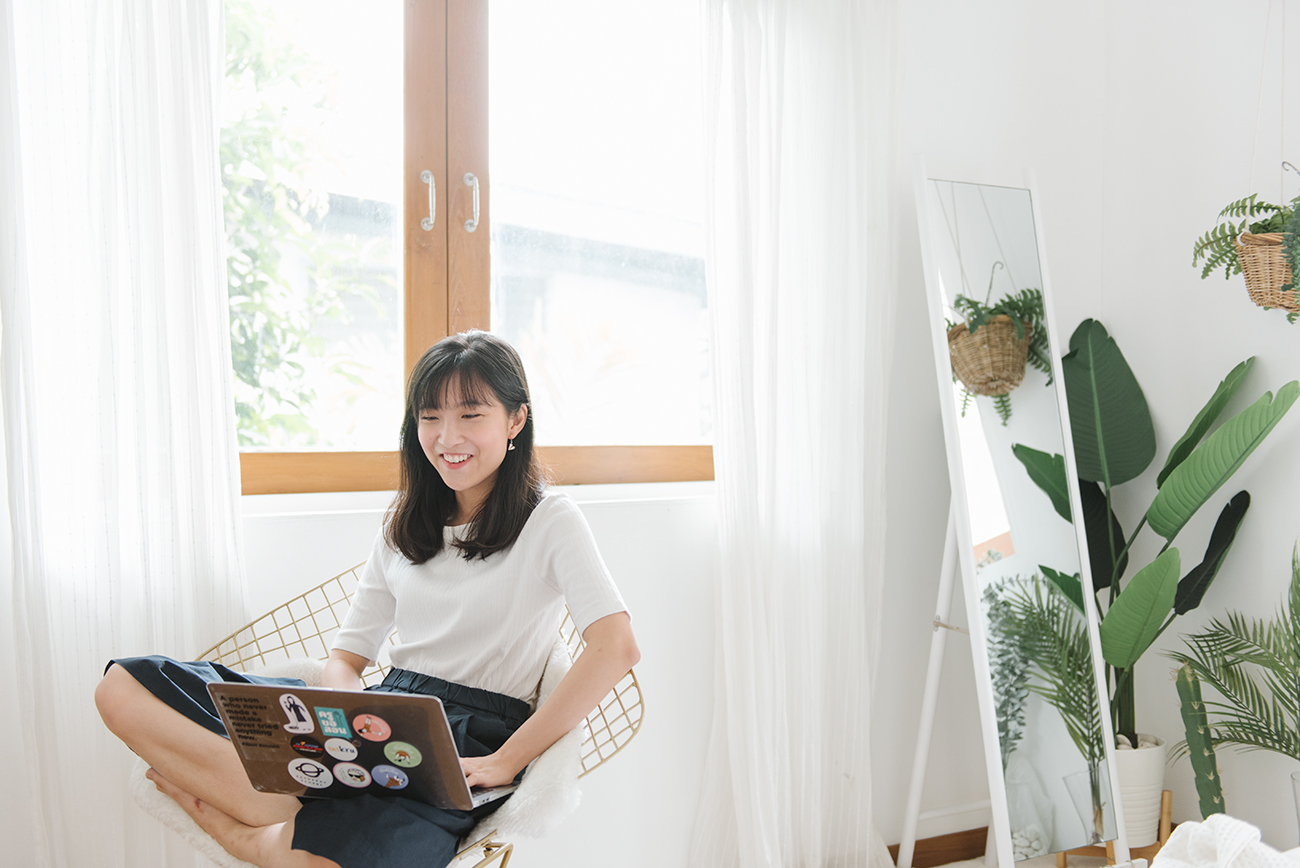INSKRU is a platform to empower Thai teachers with better course material—and 2019 is the year it really took off!
Chalipa Dulyakorn, a graduate from Chulalongkorn University in industrial design, is passionate about teaching. But she also feels traditional classes fail to grab Thai students’ interest and imagination. In 2017, she started INSKRU, an online platform that equips Thai teachers with more engaging course materials. This year, it made learning more enjoyable for over one million students.
“I wanted to do something impactful. Something I could continue doing after I graduated. My goal is to make students happier and more active in class, but it’s a difficult task for teachers. I saw a need for a platform where they can share and further develop ideas,” she explains.
INSKRU provides a blogging platform for teachers to share their pedagogical techniques and success stories with others. The online community also inspires them to create fun and engaging learning environments. Ideas can range from teaching English tenses through a lip sync battle to learning about social roles from popular music videos. But Chalipa says the ideas also need to be relevant and practical to follow.
“The coolest ideas often belong to teachers from remote schools. They look for ideas that most of us can relate to,” she says. “If you look at ideas from Finland, which is often named the best education system in the world, you can’t just dump those case studies on Thai teachers and expect them to be able to replicate them.”
Chalipa performed well as a student but she also notes that school was not all that exciting or applicable to her everyday life. It was in her university years that she discovered learning could be fun and relevant.
“I remember there was one teacher who taught management organization in college, and he taught us to do a SWOT analysis of ourselves and to calculate the most efficient routes to the faculty by applying the concept of manufacturing efficiency. That’s when I realized education doesn’t have to be boring,” she explains.

Her other lightbulb moment was when teaching a class of primary school students in Lopburi. She had tasked them with redesigning their student bags with easily-available materials. “One group of students created a hybrid between a bag and a foldable table out of a cardboard box. And these are primary school students we are talking about!” she says.
That’s when Chalipa decided that Thai students’ potential needed to be unleashed with creative courses. And that it was individual teachers, not the education system, who held the power to make this happen.
“If we can change just one teacher, they will go on to transform thousands of students. There are 500,000 teachers in the system, and now we have reached about 100,000 of them. If every teacher had access to INSKRU, millions of students would benefit.”
In 2018, the platform received 100,000 baht for reaching the final round of dtac Plikthai, a platform to crowd-source socially-conscious initiatives. Chalipa then used the money for creative thinking workshops with teachers.
“I obtained a lot of new ideas from that workshop and also noted a high demand in teaching workshops,” she says. “We are still here today because of dtac.”
This year, Chalipa reached a new turning point when dtac recruited INSKRU as a partner for the Safe Internet for Kids campaign, to tackle the problem of cyberbullying in school. INSKRU both promoted the program’s curriculum via its channels and organized workshops to further improve the teaching materials.
“The internet can bring threats, but it’s also required to organize cool activities in class. Teachers often have to rely on their own personal mobile hotspot to make up for the lack of Wi-Fi in rural schools,” Chalipa says. “Interactive learning can play a significant role in reducing the psychological distance between teachers and students.”
This year was the first time INSKRU reached over one million students, In 2019, INSKRU collected 782 ideas, transforming 6,919 classrooms and 1.66 million students. And Chalipa plans to continue growing sustainably. “We may constitute only a small part of the change, but we will keep moving forward,” she says.

